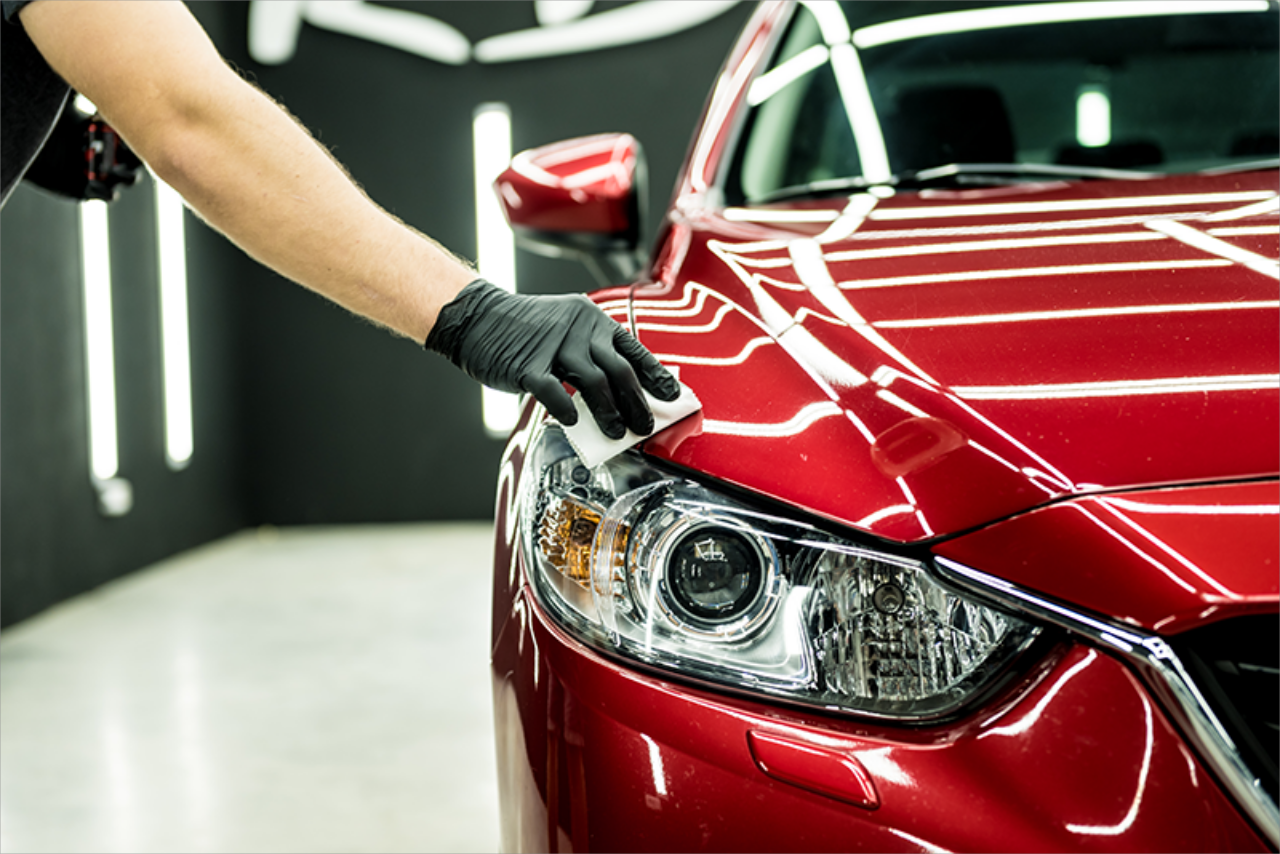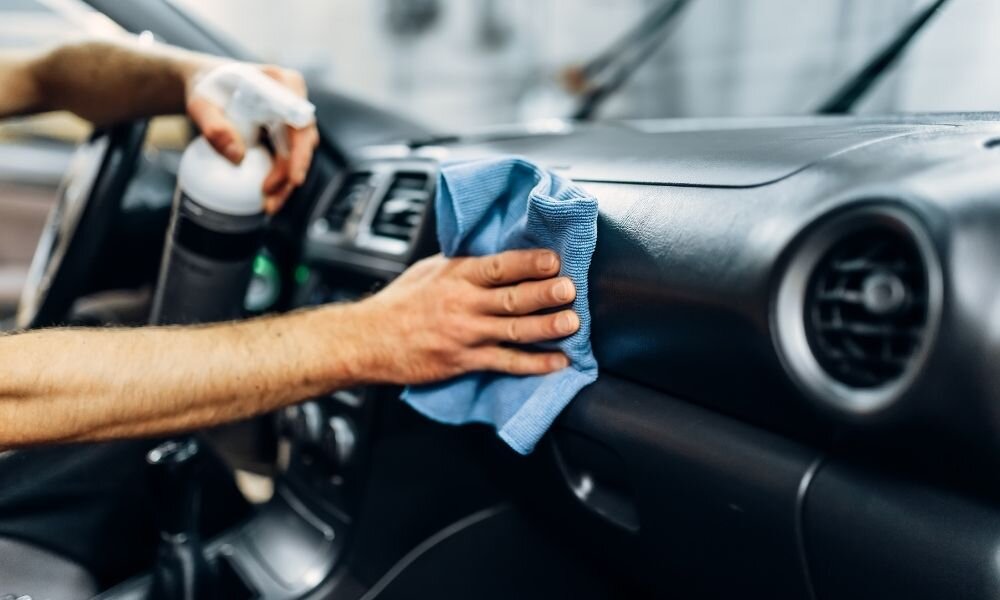Comprehensive Rochester Car Care for Long-Lasting Vehicle Health
Comprehensive Rochester Car Care for Long-Lasting Vehicle Health
Blog Article
Open the Secrets to Exceptional Vehicle Treatment for Optimum Performance
Recognizing the nuances of outstanding automobile care is critical for achieving ideal performance and ensuring your lorry's longevity. Regular maintenance techniques, from liquid checks to tire administration, play a pivotal duty in protecting against unanticipated failings and boosting your driving experience. Many lorry owners overlook important facets that can dramatically affect performance and security. By checking out the complexities of brake upkeep and seasonal prep work, one can reveal approaches that not just enhance functionality but additionally expand the life of the vehicle. What certain components should be prioritized to attain these benefits?
Value of Regular Upkeep
Regular upkeep is vital for guaranteeing the longevity and optimum efficiency of any kind of vehicle. Complying with a constant upkeep timetable not only improves the driving experience however also lessens the risk of unexpected malfunctions. Routine inspections and timely maintenance can identify prospective concerns prior to they escalate right into even more substantial problems, ultimately saving drivers both time and money.
Additionally, regular upkeep plays an essential duty in keeping the lorry's resale worth. A well-maintained vehicle is much more enticing to possible customers and can regulate a greater rate in the marketplace. This is particularly essential in a competitive automobile landscape where customers commonly focus on dependability and solution history.
In addition, routine maintenance adds to improved gas performance and safety. Elements such as brakes, tires, and shock absorber need regular checks to ensure they run efficiently. Rochester Car Care. Neglecting these elements can bring about lowered efficiency and boosted gas consumption, as well as enhanced threats on the roadway
Necessary Fluids and Their Functions
4 necessary fluids play a crucial role in the optimum functioning of a vehicle: engine oil, coolant, transmission liquid, and brake liquid. Each of these fluids offers a certain purpose, contributing to the total performance and safety of your auto.
Engine oil lubes the relocating components within the engine, decreasing rubbing and wear. It likewise assists to dissipate heat, ensuring that the engine runs at an optimal temperature level. Regular oil changes are critical to preserving engine longevity.
Coolant, or antifreeze, controls the engine's temperature level by taking in warmth and avoiding getting too hot. It distributes via the engine and radiator, maintaining an effective thermal equilibrium. Rochester Car Care. Keeping the coolant at the best levels is important for protecting against engine damage
Transmission fluid lubes the gears and elements of the transmission, facilitating smooth gear shifts and enhancing total performance. It likewise assists to cool down the transmission, guaranteeing it functions correctly under different driving problems.
Brake liquid is essential for the operation of the braking system. It transfers the pressure from the brake pedal to the brake parts, making it possible for effective stopping power. Normal checks and substitutes of brake fluid are necessary for safe driving.

Tire Care and Substitute Tips
Proper tire care is essential for making certain vehicle security and efficiency when driving. Regularly checking tire stress is among one of the most critical facets of tire upkeep. Under-inflated tires can result in boosted wear and tear, lowered fuel effectiveness, and jeopardized handling. Conversely, over-inflation can cause unequal tread wear and increase the risk of blowouts. It is recommended to inspect tire pressure a minimum of once a month and soon trips, using a reputable stress gauge.
Additionally, routinely inspect tire step deepness. A minimum tread deepness of 2/32 of an inch is suggested for secure driving; nevertheless, deeper treads give much better traction in damp problems. Utilize the "dime examination" by putting a cent into the step-- if you can see Lincoln's entire head, it's time to replace the tires.
Turning of tires need to be done every 5,000 to 7,500 miles to promote also use. Maintain an eye out for visible indicators of wear, such as lumps or cracks, as these can indicate that substitute is required. By adhering to these guidelines, you can enhance your vehicle's performance and prolong the lifespan of your tires.
Brake System Upkeep
The brake system is a vital component of automobile safety and security, straight influencing quiting power and overall driving performance. Normal maintenance of this system is essential to guarantee optimum functionality and long life.

Pay attention for uncommon sounds, such as grinding or squeaking, which may show that the brake pads are worn or that there are issues with other components. Furthermore, if you experience a soft or squishy brake pedal, this may indicate a requirement to look for air in the brake lines or prospective leaks in Get the facts the system.
Last but not least, ensure that brake lights function correctly, as they are necessary for safe driving. By sticking to these upkeep techniques, you can boost article source your vehicle's braking performance and ensure a more secure driving experience.
Seasonal Car Preparations
As seasons alter, automobile readiness ends up being necessary for maintaining safety and security and efficiency when driving. Each period provides special difficulties that can affect your car's performance and dependability. For that reason, seasonal automobile preparations are vital for optimal operation.
In spring, emphasis on inspecting the battery, as temperature level variations can affect its efficiency. Ensure that windscreen wipers are working appropriately to handle spring showers and inspect tire pressure, which can alter with warmer temperatures.
Summer needs interest to cooling down systems. Check coolant degrees and pipes to avoid overheating during heats. In addition, guarantee that air conditioning systems are operating successfully for convenience throughout trips.
As fall strategies, plan for rainfall and dropping leaves. Clean the air filter and examine brakes to guarantee security on glossy roadways.
Wintertime requires the most extensive prep work. Switch over to wintertime tires for far better grip and check antifreeze levels, guaranteeing they fulfill the necessary specifications. Inspect the battery, as cool weather condition can drain pipes power swiftly.
Verdict
In final thought, remarkable auto treatment is essential to making sure optimum efficiency and longevity of vehicles. Regular upkeep, including liquid checks, tire care, and brake system upkeep, substantially lowers the chance of unforeseen failures. Seasonal preparations even more improve safety and security and reliability. By adhering to these techniques, chauffeurs can enhance fuel effectiveness, preserve resale worth, Check Out Your URL and develop a more secure driving setting. Focusing on extensive lorry treatment is necessary for achieving continual auto quality.
By discovering the details of brake upkeep and seasonal preparations, one can uncover techniques that not only improve capability yet additionally prolong the life of the car. Elements such as brakes, tires, and suspension systems require routine checks to ensure they run successfully - Rochester Car Care.Brake liquid is important for the operation of the stopping system. It transfers the pressure from the brake pedal to the brake elements, allowing reliable quiting power. Brake liquid takes in moisture over time, which can lead to corrosion and lessened efficiency; hence, it should be changed every 2 years or as advised by the manufacturer
Report this page